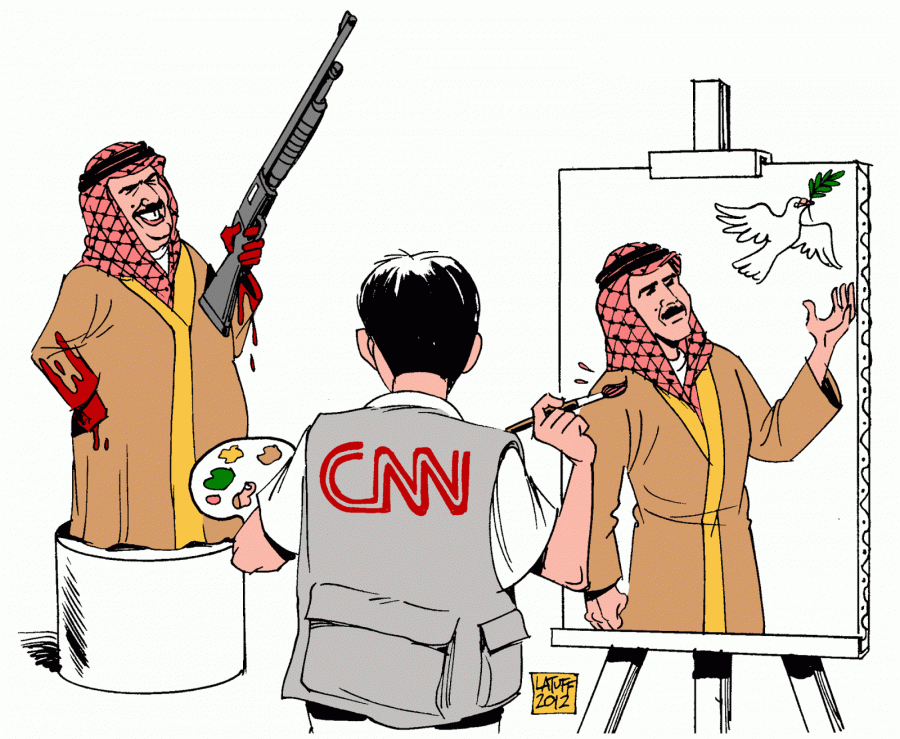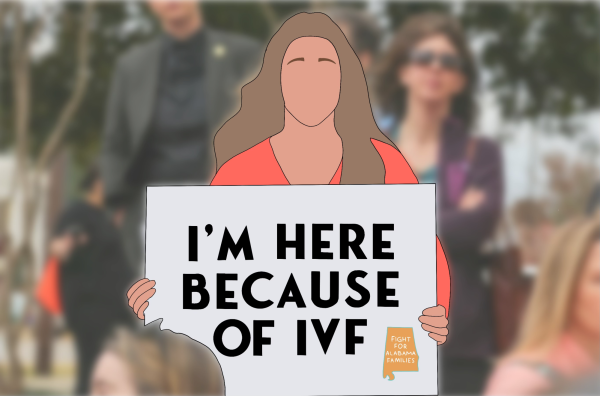Mainstream Media Mixup
Jan 3, 2017
With the polarizing election this year, citizens of the United States had readily available, 24/7 access to any and every new occurrence relating to either of the major candidates. A major problem stemmed from the lack of uniformity in the distribution of news, as the bias of major news outlets shined brighter than at any other time. Polls were misconstrued, analyses of candidates were filled with emotional rants and lacked any sense of objectivity, and there was an overall lack of widespread consistency in our news sources. A right-leaning Fox News may have had Donald Trump narrowly in the lead, while a generally more liberal station such as CNN may have shone Clinton to have pulled ahead significantly. So the question must be asked: does America need a better way to regulate and prevent major bias in the mainstream media?
The media should always be able to prevent slander and defamation without infringing on the right of freedom of speech. Placing restrictions on news providers and the information they produce might push less biased content into circulation, but it could also have the potential of destroying the variety of sources and remove the appeal of different stations to different audiences. The potential benefits do not outweigh the slippery slope of media regulation that could lead to a decline in our freedoms of speech and of press.
Media regulation often entails censorship, which can severely affect the variety and diversity of news sources. Some countries, such as China, have had their media industries completely censored and regulated, and this has had very negative impacts on the freedoms of their people. The Chinese government supposedly grants freedom of speech and press to its people, but quite often repeal simple news stories for exposing governmental secrets and endangering the country. Any content deemed controversial is illegal. This creates a certain ignorance of the citizens that prevent them from knowing what is happening in both their country and the world around them. Often, the alleged goal of this regulation is to get the truth and only the truth out, but the ulterior motive, in reality, is for the government to be able to release only the things that they want the people to see. US adoption of regulations such as these would be detrimental to the freedoms that the First Amendment grants all citizens.
An argument for increased media regulation is that it will increase the clarity and uniformity between news outlets. It could prevent instances in which, when reporting on the same issue, CNN and Fox News, for example, would give complete opposite views on what is really happening. In today’s world, in which there is an expectation for instant updates of everything going on in the world, having multiple sources giving multiple accounts of the same story creates major confusion.
The appeal of across-the-board regulation of our media is definitely there and has some potential to increase the efficiency and viability of our news stations, but as history has shown, the execution usually leads to a removal of freedoms and an influx of governmental propaganda. Each station has its own appeal to its own audiences, and most people will believe and listen to what they really want to hear. Eliminating the variety of news being released will be an attempt to mush all the diverse audiences into one. A lack of interest and an increase in the ignorance of our people will replace the fiery, opinionated society of today. Discussion will decrease, and many will begin to accept things the way they are instead of pushing for change.
“Media censorship has the potential to work, and with the right execution, it could be beneficial for a country. But history has shown time and time again that it fails due to human nature,” sophomore Sutton Payne said.
Censorship of the media, if executed correctly, has the ability to push the falsities so often reported out of circulation. But the risk of total governmental control is too great, and has been displayed in many countries over the last century. It will create an ignorant population, unaware of the social, economic and political issues that should be at the forefront of their society.






















